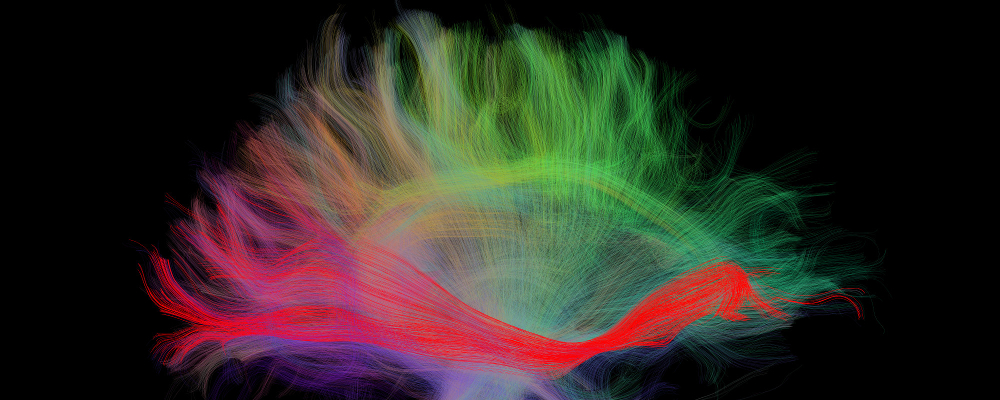We are obtaining genetics, neuroimaging and cognitive data to understand shared and unique genetic risk mechanisms on brain structure and function in people with severe mental illness (schizophrenia and bipolar disorder). We are also using a lifespan approach to identify genetically based patterns of healthy vs. pathological aging in the brain.
We are also conducting advanced brain imaging at the beginning and end of double-blind, randomized, placebo-controlled trials. In one study we are examining the effects of antipsychotic medications on brain structure using neuroimaging using a controlled study design for the first time. Our study will answer the question of whether antipsychotic medications are neuroprotective or neurotoxic, and will influence the prescribing practices of clinicians. In our other study, we are testing whether a novel brain stimulation technique, known as repetitive transcranial magnetic stimulation can help improve working memory deficits in people with schizophrenia, and we are using neuroimaging as a predictor of treatment response.
We are also using advanced neuroimaging techniques to differentiate deficit patients from nondeficit patients, and establish biomarkers of primary negative symptoms in schizophrenia.
Finally, repetitive transcranial magnetic stimulation (rTMS) has been shown to be and effective and safe in the treatment of schizophrenia. In this proposal, as part of a larger treatment study to improve memory performance, we are conducting a type of brain imaging known as magnetic resonance imaging (MRI) and special other types of MRI reliant on movement of water in the brain, to determine whether the frontal parts of the brain important for this type of memory change with rTMS treatment. This will help us understand better what effects rTMS has on brain structure.
Supported by the Combining Brain Imaging and Genetics for Treatment Innovation in Mental Illness grant. Canada Foundation for Innovation. John R. Evans Leaders Fund. Also supported by the Assessing Effects of rTMS on Cortical Architecture when treating Working Memory in Schizophrenia grant. Brain and Behavior Research Foundation. NARSAD Independent Investigator Award. Also supported by the Dissecting the Heterogeneity of Negative Symptoms in Schizophrenia Type A Research Project Grant. Ontario Mental Health Foundation. Operating Funding. Collaborator(s): Foussias, G., Lerch, J., Remington, G., Zakzanis, K.
